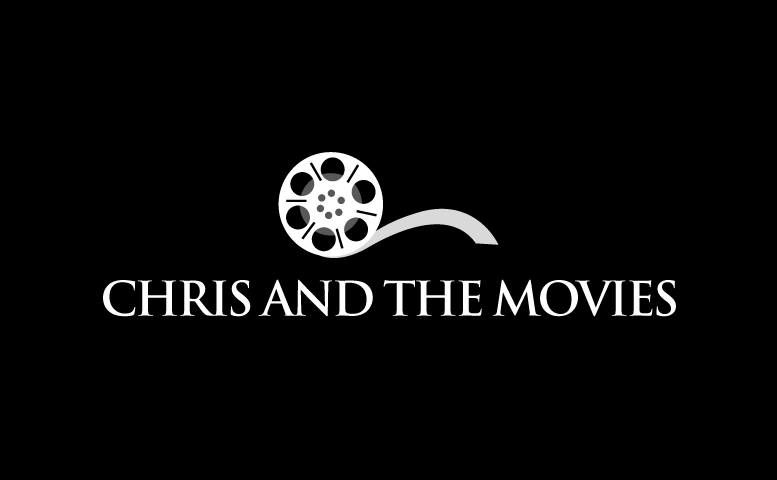 The Sixth Sense featured a twist that these days seems totally obvious. I never like spoiling ends, even for films that are twenty years old. (I don't even like to discuss the ending of Citizen Kane.) But the twist in The Sixth Sense is not so important. I initially thought upon re-watching this horror film, written and directed by M. Night Shyaamalan, that knowing what happens at the end might make the movie feel like a one-trick pony. (For the record, I can't remember if a friend had actually spoiled it for me when I was a kid.) Fortunately, the movie, despite a dull start, has retained its wonder twenty years on.
The Sixth Sense featured a twist that these days seems totally obvious. I never like spoiling ends, even for films that are twenty years old. (I don't even like to discuss the ending of Citizen Kane.) But the twist in The Sixth Sense is not so important. I initially thought upon re-watching this horror film, written and directed by M. Night Shyaamalan, that knowing what happens at the end might make the movie feel like a one-trick pony. (For the record, I can't remember if a friend had actually spoiled it for me when I was a kid.) Fortunately, the movie, despite a dull start, has retained its wonder twenty years on.Bruce Willis stars as Malcolm Crowe, a child psychologist in Philadelphia who appears to be going through a schism with his wife, played by Olivia Williams, and his career is not what it used to be. He does, though, take up a case of a young boy named Cole, played by Haley Joel Osment. Cole demonstrates peculiar behavior, including emotional outbursts, and he always seems to be around when something creepy happens. His mother, for example, played by Toni Collette, screams when she comes back in the kitchen after only a moment to discover that all the cupboards and drawers have been opened (she believes) by Cole.
That really is about all the plot you need to know.
The Sixth Sense may be an atmospheric supernatural horror film that requires considerable more patience than the average thriller, but this, of course, is not a bad thing. And if you know what happens at the end, it can at first make the journey seem considerably less enjoyable. But the acting really helps elevate the film. It was an impressive change of genres for Willis, who then (and now) was known primarily for comedies, dramas, and action films. But the actors who deserve the most praise are Osment and Collette.
Two of Toni Collette's highest-rated films have been horror films: this and last year's deeply disturbing Hereditary. In both, she is required to react a lot, but in the latter there is much more screaming, which isn't as impressive as the quietness that she displays here. Her character as the mother struggling to help her child (as some believe she might be the cause of his pain) is the most interesting in the film, and her scenes with Osment feature the film's best acting and some of the most powerful moments. Then, of course, there's Osment. His performance for the first part of the film essentially boils down to the trope of the creepy kid in school with invisible friends. But then there is a scene that helps him stand out as the breakthrough star of the film, when he is in class and his History teacher tells him his answer about the history of the school building is wrong. Cole tells the class that people were hanged there; how he knows this information is not clear at first. When his teacher gives him a look he doesn't like, it sets him off. Somehow, he knows that his teacher overcame a stutter, and he closes his eyes and starts screaming "Stuttering Stanley" until his teacher loses it. It's the first case of remarkable acting from Osment. He channels that energy again when the bullies lock him up in a tiny closet in which he is not the only one. The third time is the moment everyone remembers. He's cold, bundled up in a hospital bed, and he's ready to tell Malcolm his secret.
After The Sixth Sense became a smash hit, Shyamalan was crowned "the next Spielberg", an enormously high standard for any filmmaker to reach, one that ultimately proved impossible. His exceptional story-telling skills have come mainly from his directing and less from his script writing. Some of the dialogue, and especially Malcolm's "eureka" moment when he suddenly is convinced that Cole is right, are evidence of this. But I can hardly blame the media for hailing him as the next Spielberg. The Munchausen by Proxy scene is superbly filmed, assisted by the crisp cinematography of Tak Fujimoto and a hauntingly beautiful score by James Newton Howard. All of this is most apparent in the final scene, the famous twist. The way that scene unfolds is the ultimate cinematic shiver down the spinal.














